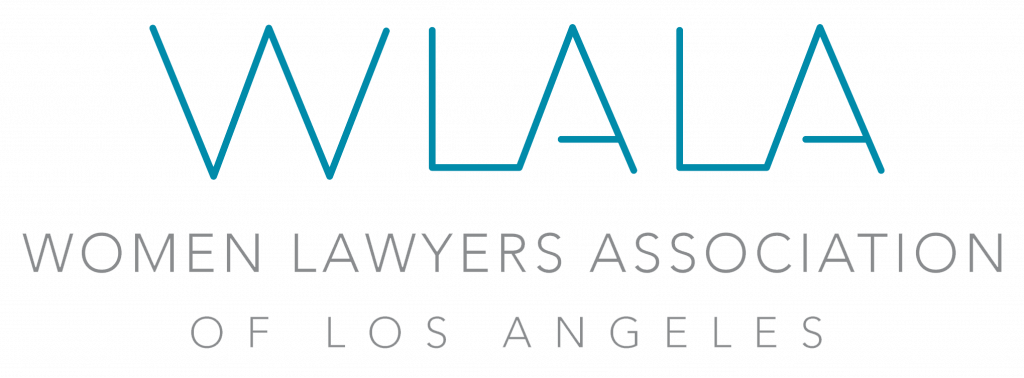Welcome to the Dark Side
By Cathy Ostiller, WLALA Criminal Justice Section Co-Chair
May 2019
On April 24, 2019, the Criminal Justice Section hosted its program entitled “Cryptocurrency and the Dark Net: The Legal Ins and Outs and Latest Trends” at Loyola Law School. I moderated a one-hour panel comprised of three engaging, experienced, and knowledgeable speakers – Robyn K. Bacon, an Assistant United States Attorney in the Cyber and Intellectual Property Crimes Section of the U.S. Attorney’s Office; Jennifer Lieser, a criminal defense attorney with Kaplan Marino; and Anna M. Winningham, a cyber security consultant (and former FBI agent) who is the Executive Vice President of Risk Control Strategies.
Jennifer and Anna began the presentation by explaining what the Dark Net is, how one accesses it, and who typically uses it. They also gave examples of the kinds of things one might find for sale in Dark Net marketplaces – both legitimate and illicit. Robyn then gave a brief overview of what cryptocurrency is and how it works. Some members of the audience seemed generally relieved to learn that it works in much the same way a typical check purchase transaction works, except without the paper record. Robyn also discussed legitimate uses of cryptocurrency, and Anna followed up with a list of legitimate businesses that accept cryptocurrency, some of which were quite surprising. For example, did you know you can buy sandwiches and flowers and pay for college tuition with cryptocurrency?
From there, the panel moved on to a discussion of the illicit uses of the Dark Net and cryptocurrency, including the purchase of drugs, contraband, and stolen/forged personal identification documents, money laundering, and ransomware attacks. The panel also talked about the different ways law enforcement has been able to catch criminals operating on the Dark Net, and the panelists shared some anecdotes from cases they had worked on and cases that had received significant media attention. The panelists wrapped up with a brief discussion of some of the emerging issues related to cryptocurrency and the Dark Net, including court rulings finding that cryptocurrency is a commodity subject to regulation, the appearance of institutional investors in cryptocurrency, and the investigation and prosecution of cryptocurrency thefts and Dark Net marketplaces.
It was a fascinating trip to the “Dark Side,” and the audience learned a great deal about the current technology and state of the law in this area. Thank you to our amazing panelists for an informative and lively discussion! Also, thank you to my co-chair, Nina Marino, and her firm, Kaplan Marino, for the lovely wine and cheese reception prior to the panel. Finally, thank you to Professor Laurie Levenson and Loyola Law School for making the Lack Reading Room available for our program and to Kay Burt and the members of the Criminal Justice Section for their input and assistance in planning and implementing this program.


